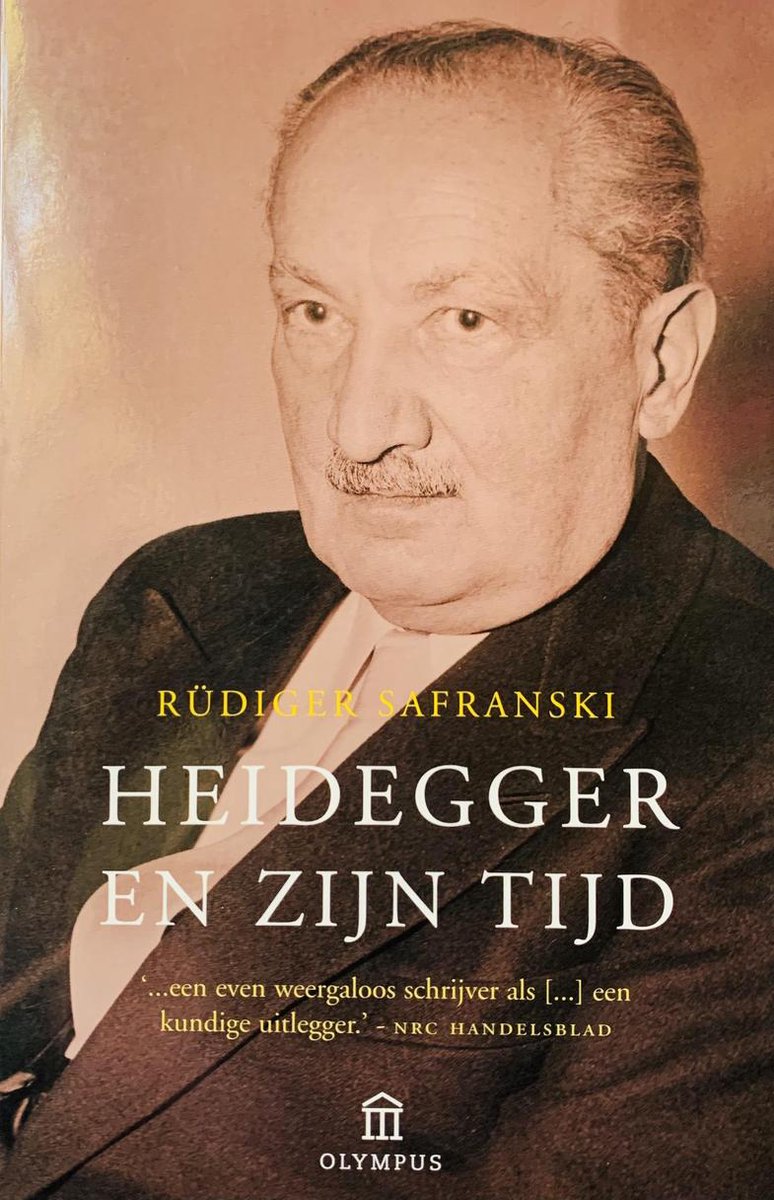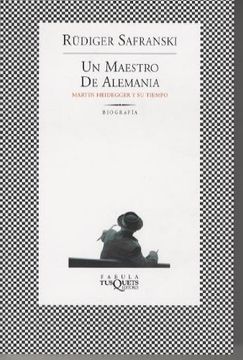

Trudy po filosofii tsennosti, teorii obrazovaniya i universitetskomu voprosu ( On the meaning of life. A return to ancient thought or the quest for the being of primordial thinking in the later Heidegger. Limits of thought in the light of nature and divinity. Sochineniya v dvukh tomakh (Works in two volumes, in Russian). Zalta (Ed.), The Stanford encyclopedia of philosophy. Creation of a “cosmic” human: Ideas, technologies, projects, experience, risks, limitations, and prospects. Filosofskaya evolyutsiya Martina Khaydeggera (Martin Heidegger’s philosophical evolution, in Russian). The potential of the Kantian concept of “perpetual peace” in shaping future peaceful relations among nations. Sochineniya v shesti tomakh (Works in six volumes, in Russian). Paideia: The ideals of Greek culture: Volume III: The conflict of cultural ideals in the age of Plato. Paideia: The ideals of Greek culture: Volume II: In search of the divine centre. Heraclitus: The inception of occidental thinking and, logic: Heraclitus’s doctrine of the logos. Nitsshe i pustota (Nietzsche and emptiness, in Russian). Bytiye i vremya (Being and time, in Russian). In Istoriko-filosofskii yezhegodnik (Historical and Philosophical Yearbook) (pp. Ucheniye Platona ob istine (Plato’s doctrine of truth, in Russian) (T. Baur (Ed.), Encyclopedia of the philosophical sciences in basic outline. Devidsonom (Philosophy as a way of life: conversations with Jeannie Carlier and Arnold I.

Filosofiya kak sposob zhit’: Besedy s Zhanni Karliye i Arnol'dom I.

British Journal for the History of Philosophy, 27(3), 615-634. Movement versus activity: Heidegger’s 1922/23 seminar on Aristotle’s ontology of life. The philosophy of the cosmos as the new universal philosophical teaching about being. This source reveals in the idea of philosophy the potency (?, dúnamis), which under certain conditions is capable of transforming an individual discourse and a way of life independently.īazaluk, O., & Kharchenko, L. Instead, the unity of certain discourse and way of life has an inner source, which Heidegger coined the term “the appropriated clearing” (die ereignete Lichtung). Martin Heidegger proved that the idea of philosophy does not need Mediators or any other external source. (2) In the context of a new reality, the idea of philosophy revealed previously unknown qualities. It corresponds to the demands of a new reality, which is revealed as a process. (1) The idea of philosophy, formulated by Plato, has hold sway in modern history. Philosophy, Modern Age, being in itself, Heidegger, meaningful presence AbstractĪ brief analysis of the philosophy of the Modern Age has allowed establishing the following. Guangdong University of Petrochemical Technology


 0 kommentar(er)
0 kommentar(er)
